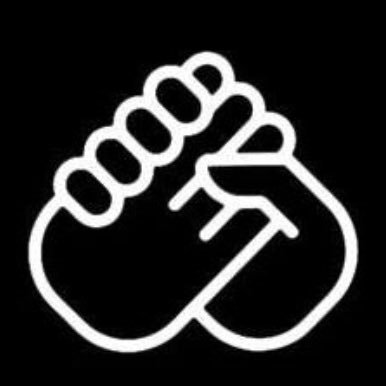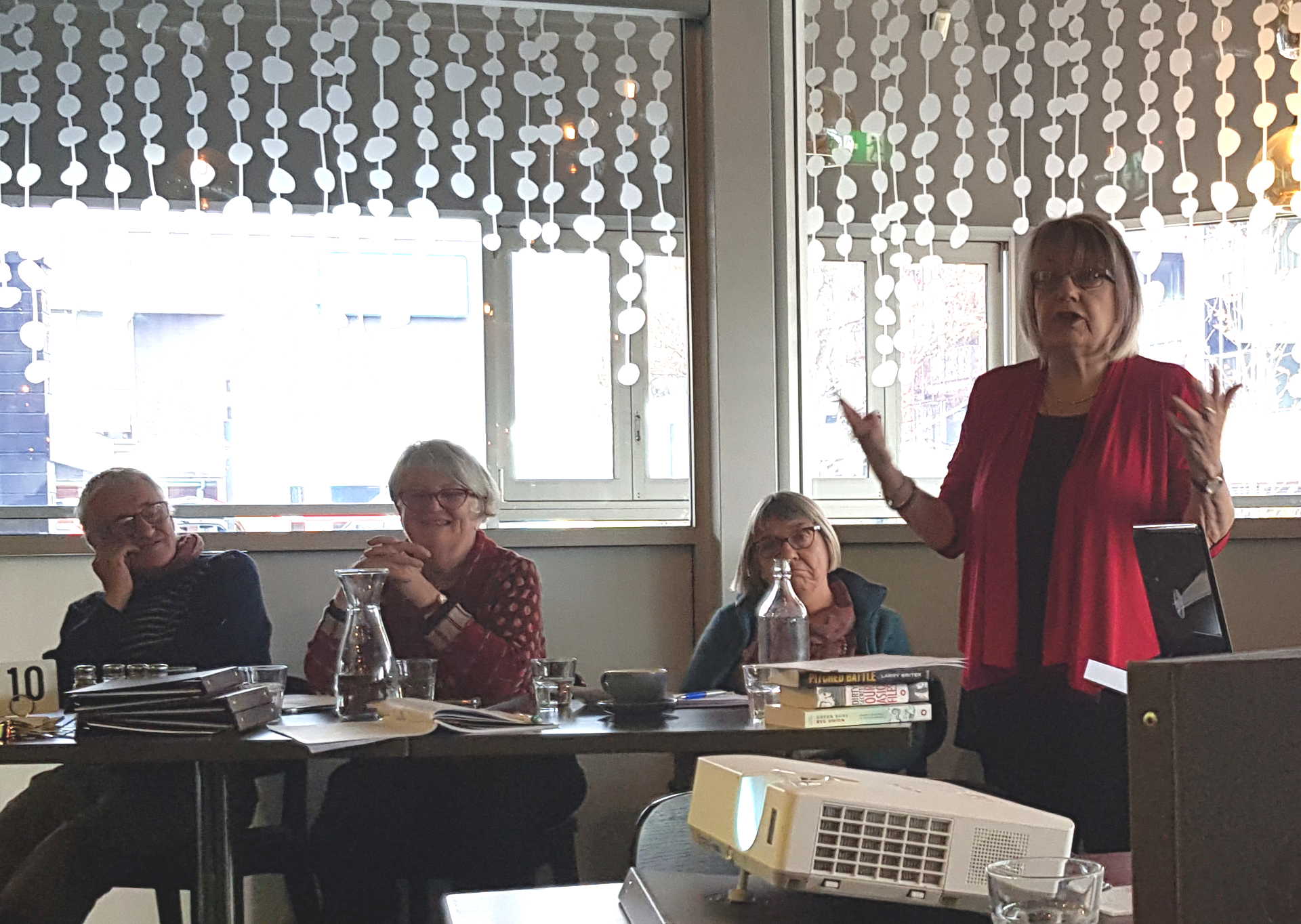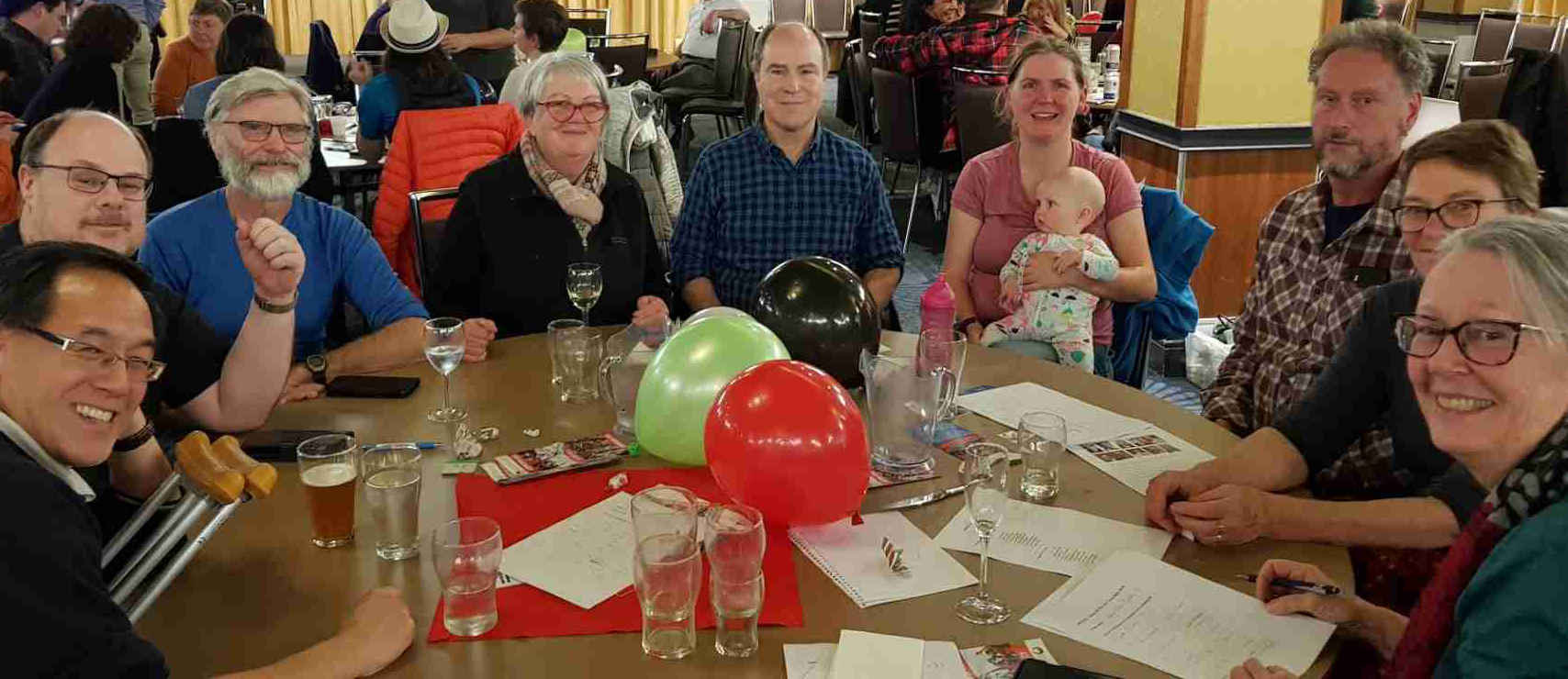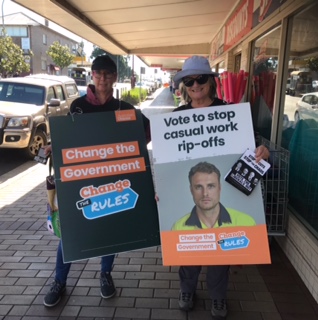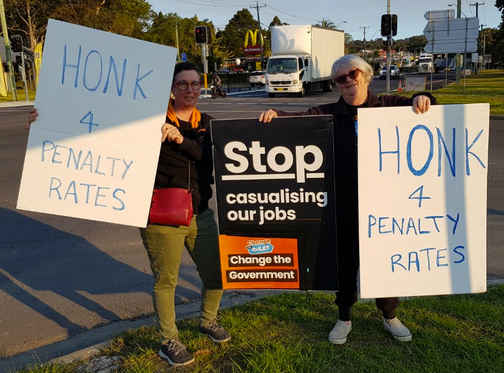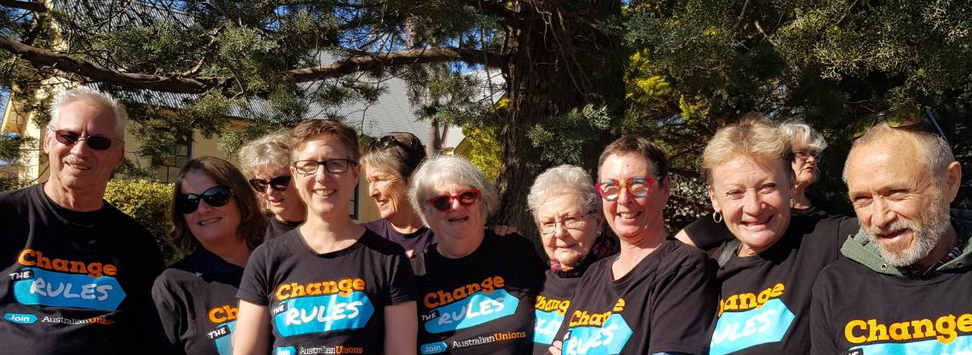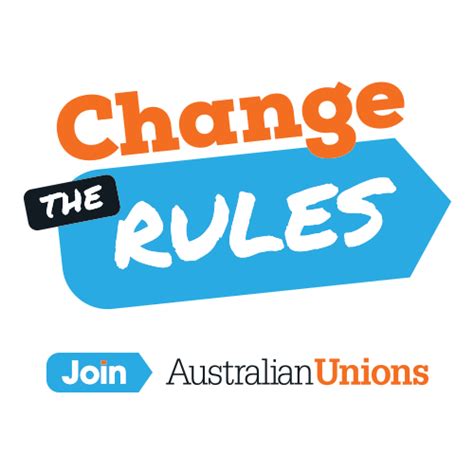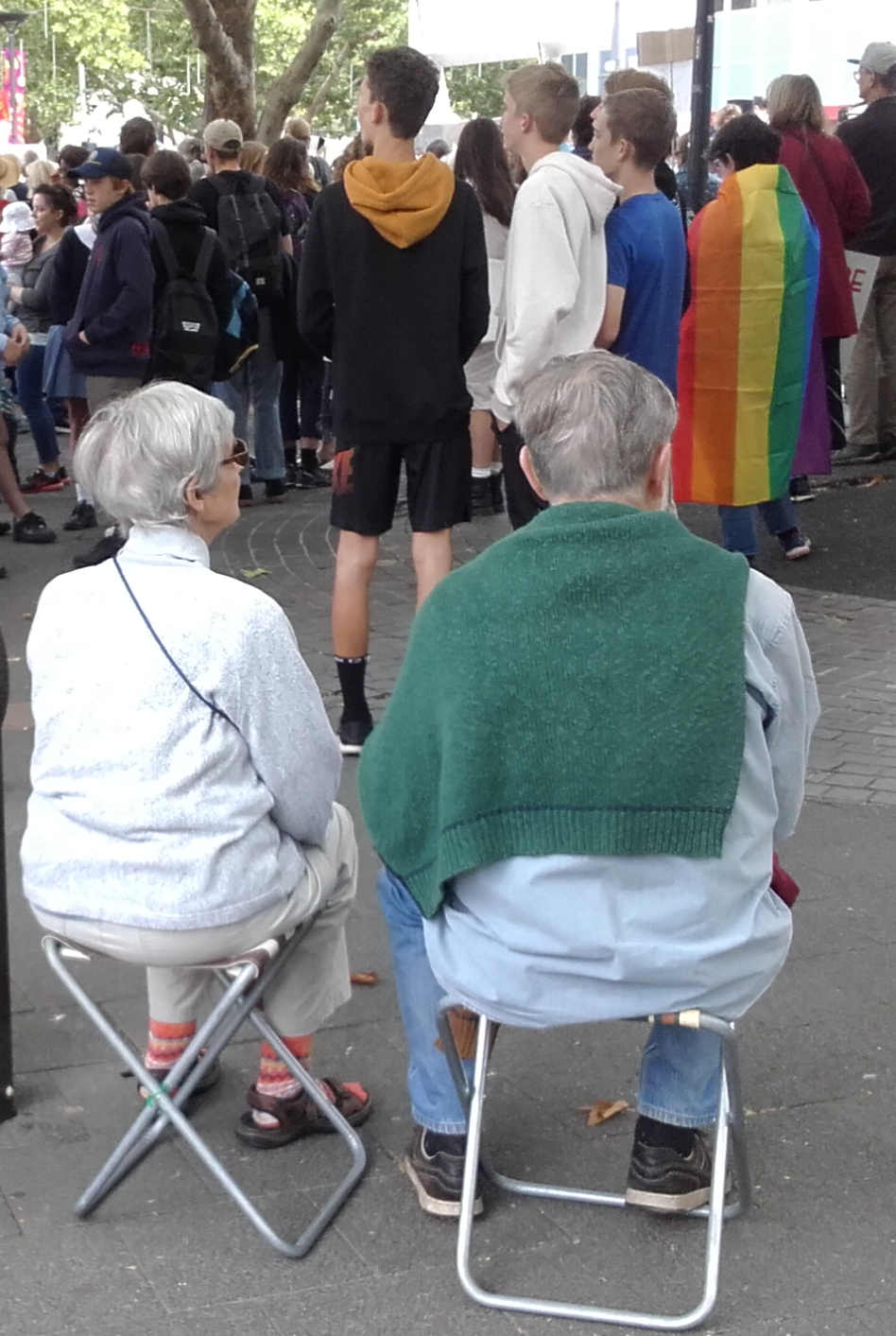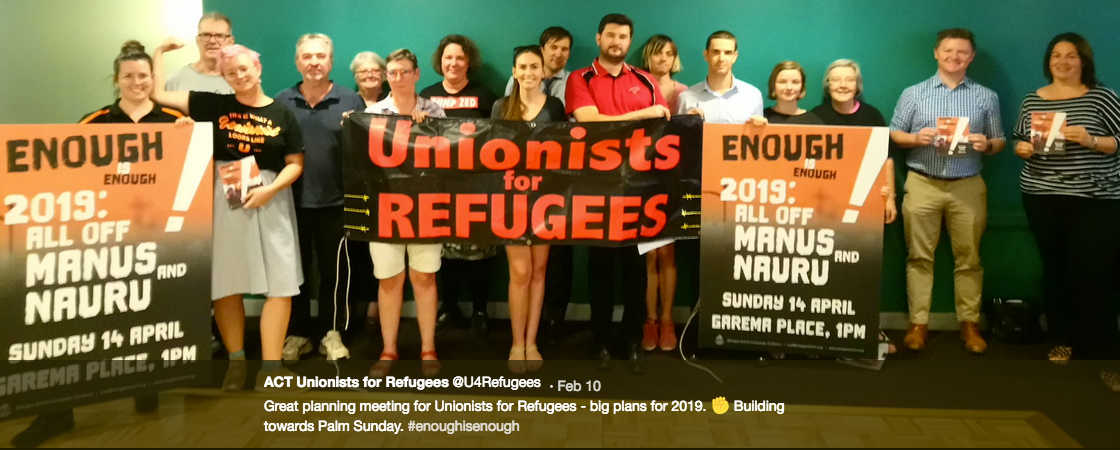Vintage Reds who are gnashing their teeth over the government’s inaction on the global climate emergency will be interested in the views from an evening’s event at the ANU on 9 July 2019, “Averting Climate Catastrophe: Extinction Rebellion, Business and People Power”.
The event was run by the ANU Climate Change Institute. See their Twitter account for posts from the evening.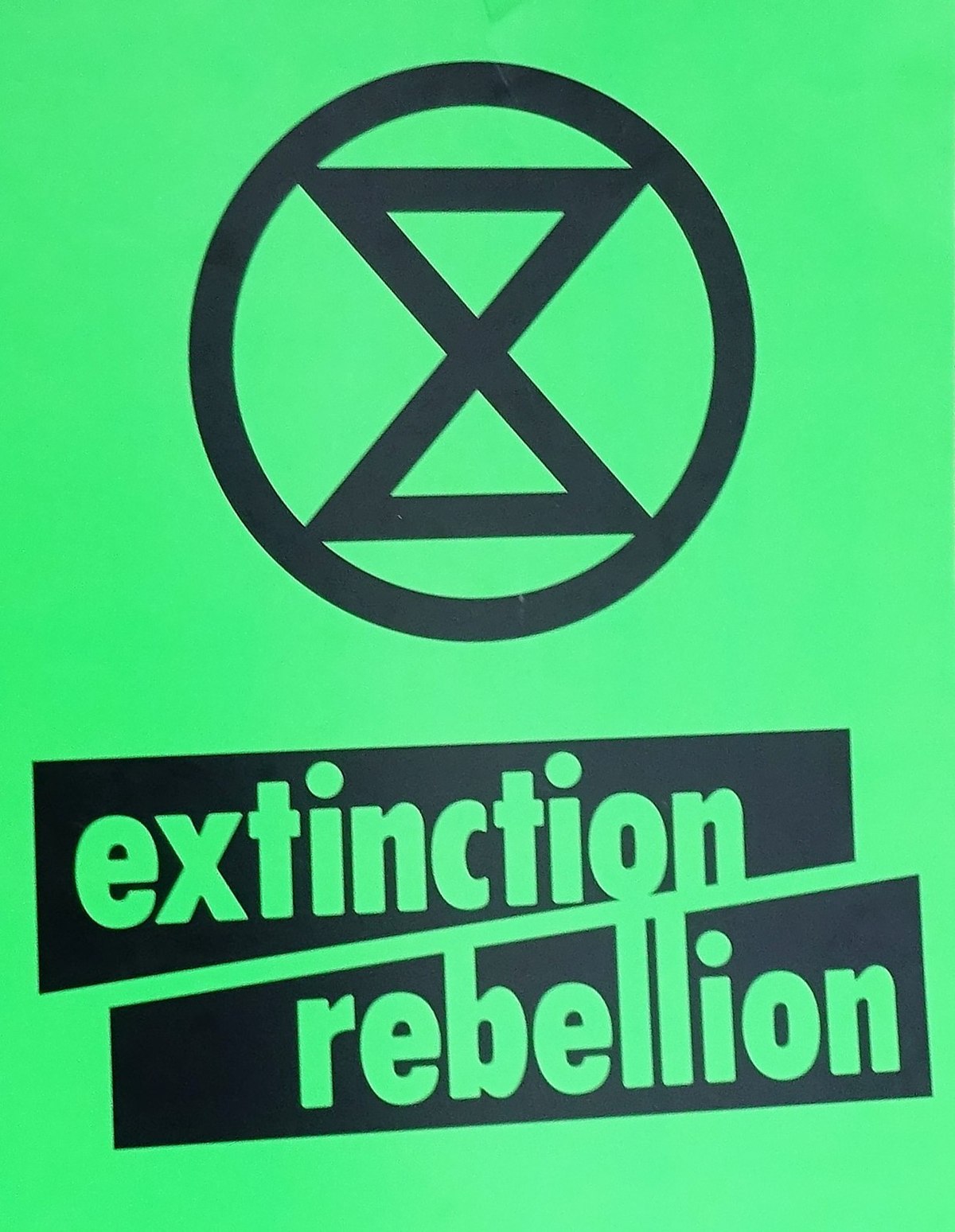
Extinction Rebellion is a global non-violent civil disobedience movement which came to rapid prominence late last year when its supporters shut down central London, blockading 5 bridges over the river Thames. Media attention to climate change soared. After ten days of civil disobedience in London in April this year, a climate emergency motion was passed by the UK Parliament.
In 2018 the UN’s Intergovernmental Panel on Climate Change warned that we have only 12 years, at current global greenhouse gas emissions rates, before our chances of limiting global warming to 1.5C are seriously at risk. Beyond 1.5C the consequences for us all are extremely disturbing. We have a very brief window to achieve a rapid decarbonisation of the global economy.
We need to move fast. But how might such a fundamental shift – from business as usual to transformative change – be achieved?
Neil Gunningham, from ANU’s School of Regulation & Global Governance (REGNET), examined Extinction Rebellion’s strategy, its emphasis on non-violent civil disobedience and its impact, before asking: what, beyond grassroots politics, would a transformational movement built around climate change involve? Pressure must be brought to bear on recalcitrant governments from many quarters: not just from grassroots activist groups but from business, financial markets, scientists, unions, school children, and faith groups.
As groups like Extinction Rebellion gain momentum, and join with others, a tipping point may be reached, generating rapid changes across the economic and social system. If so, then bottom up action driven by civil society, in a coalition with its allies, may yet be the catalyst for rapid, radical and constructive action by nation states.
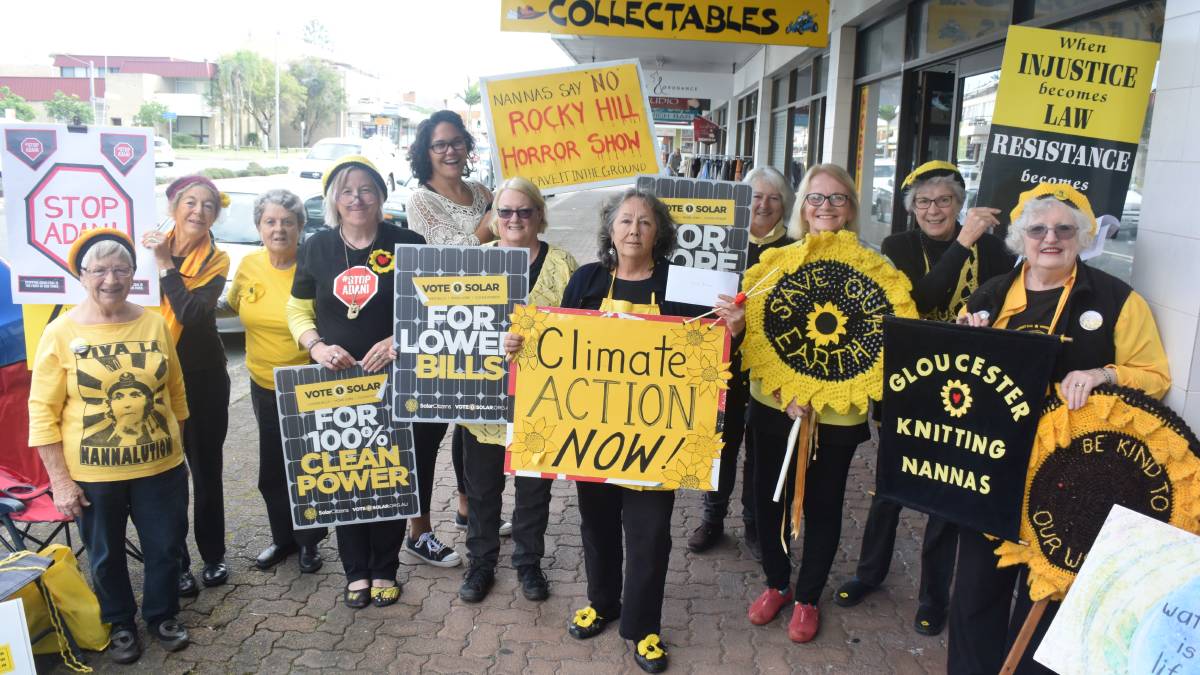 Carolyn Hendriks, from the Crawford School of Public Policy, ANU, discussed other forms of community engagement, especially those comprising people who are frustrated and distrustful of democratic government. She mentioned Lock the Gates, Knitting Nannas, and some very successful renewable energy cooperatives, all local groups which draw on ordinary people’s practical wisdom and show what’s possible at the small end of community resistance to business as usual. Whatever groups such as Extinction Rebellion can achieve, there will then be a need for decision making groups and citizens’ assemblies in the transition to a sustainable world.
Carolyn Hendriks, from the Crawford School of Public Policy, ANU, discussed other forms of community engagement, especially those comprising people who are frustrated and distrustful of democratic government. She mentioned Lock the Gates, Knitting Nannas, and some very successful renewable energy cooperatives, all local groups which draw on ordinary people’s practical wisdom and show what’s possible at the small end of community resistance to business as usual. Whatever groups such as Extinction Rebellion can achieve, there will then be a need for decision making groups and citizens’ assemblies in the transition to a sustainable world.
Lachlan James, a a “venture capitalist” and visiting fellow at REGNET, provided perspectives from the business sector. His most cheering quote came from the Harvard Business Review, “Firms have become too big to let the planet fail”. Sustainable investment is going mainstream; there are huge amounts of capital chasing a shortage of sustainable investment opportunities.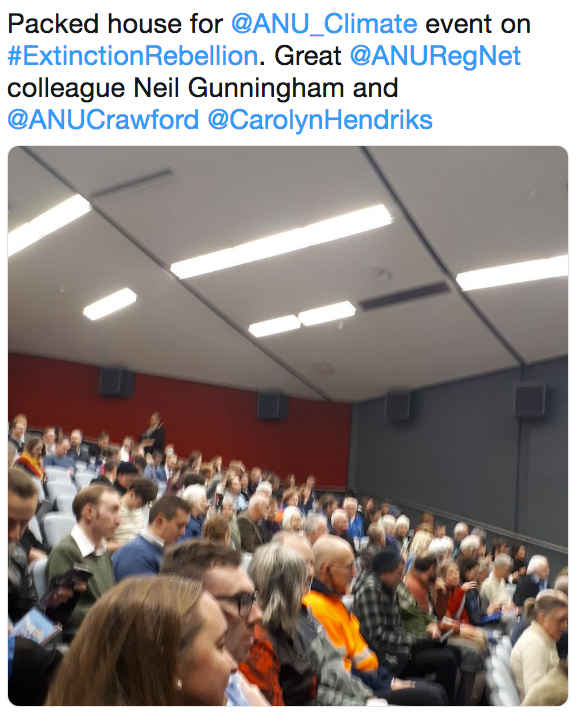
It is clear that the union movement’s Just Transition plan, to secure workers’ jobs and livelihoods, must be part of the coalition of activist groups which will take us all through to a zero carbon future.
In an almost full house at the Coombs Theatre, ANU, it was noticeable how many grey heads there were, even though it is not us but our children and our friends’ children who will be paying the price for our inaction. It is a critical time for retired activists to add our support and be involved.
Photos: Knitting Nannas, GloucesterAdvocate.com.au; @ANU_Climate on Twitter.
![]()




